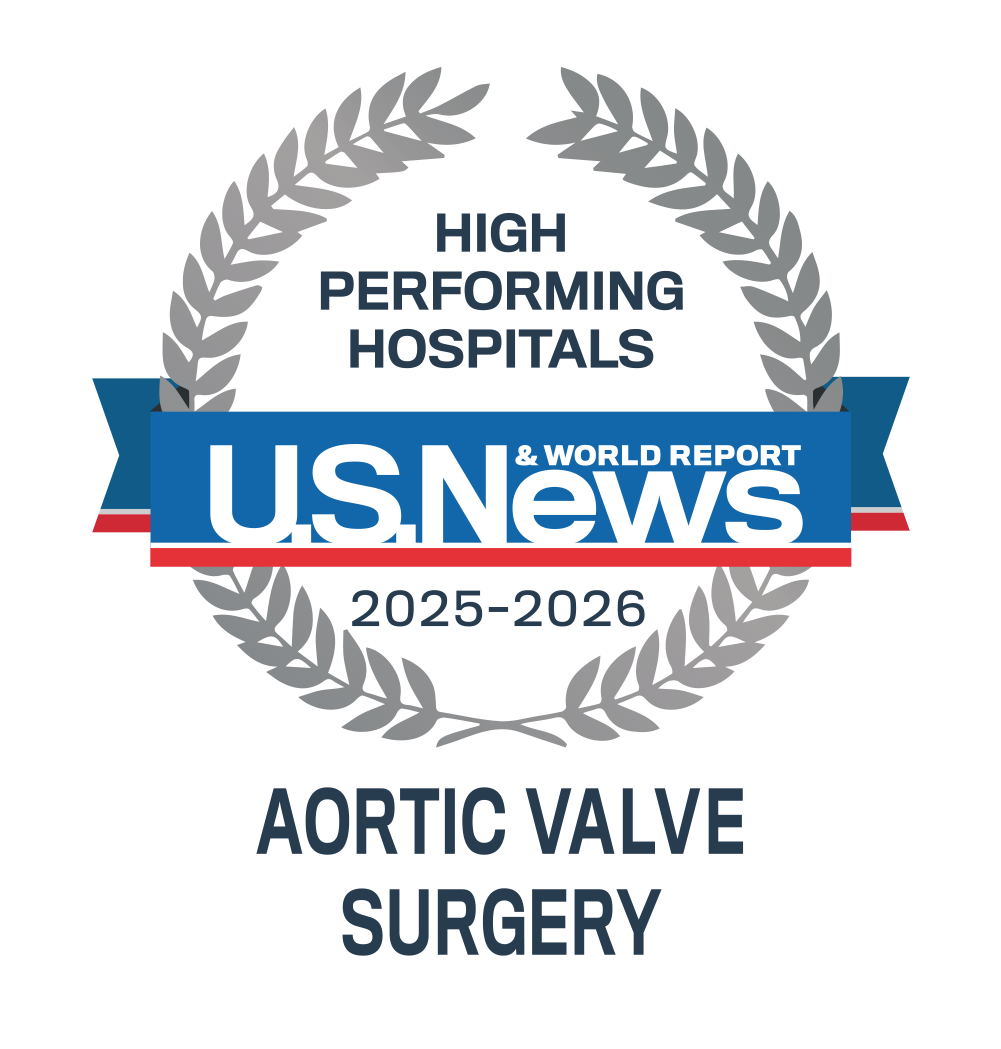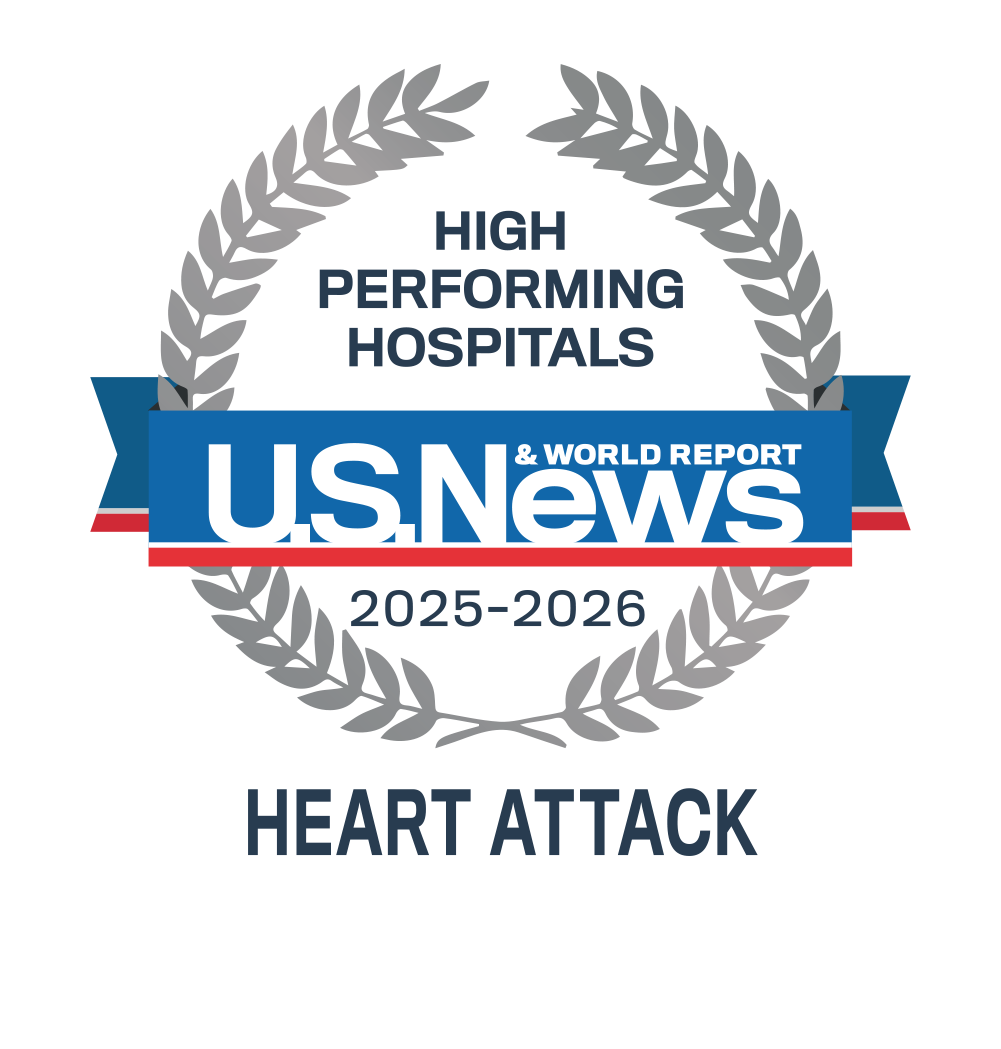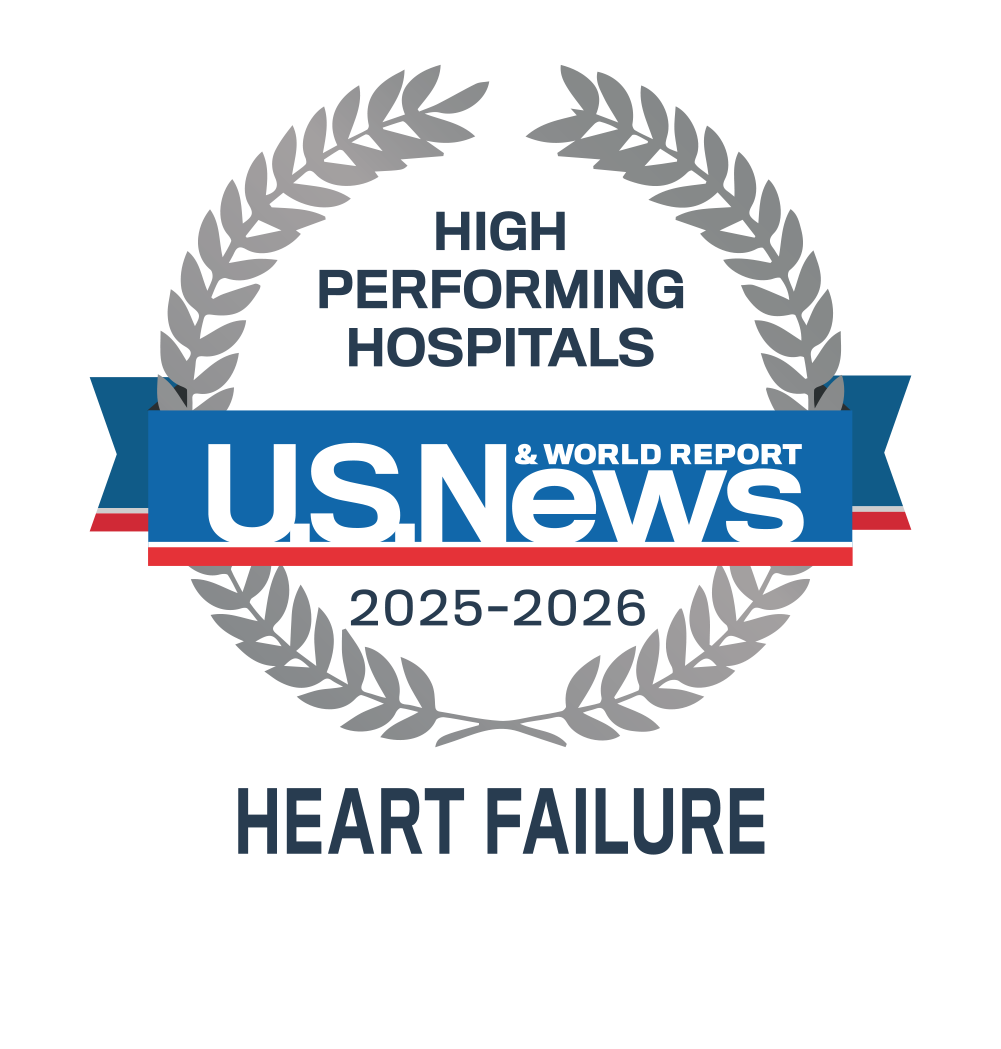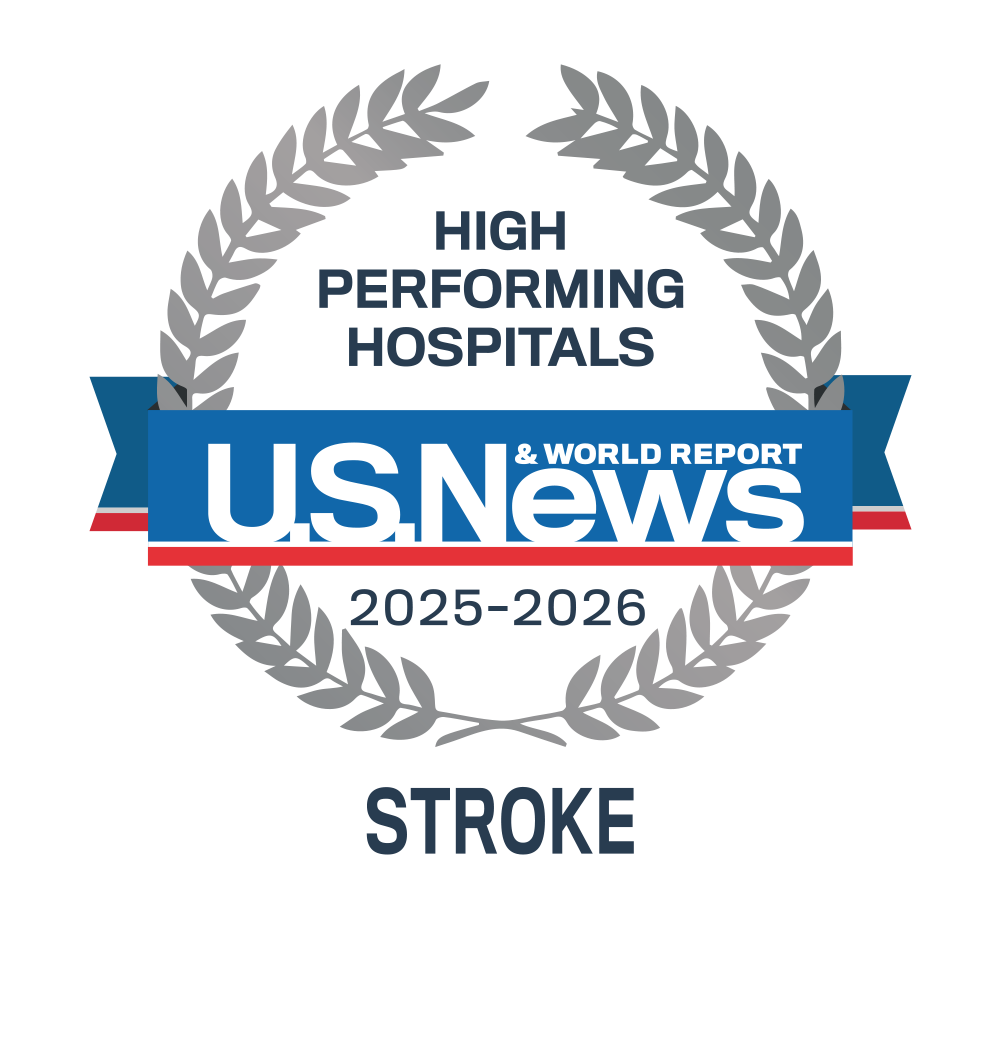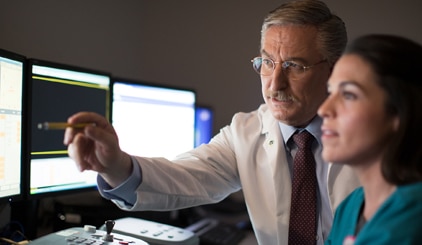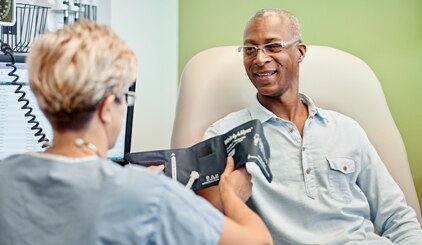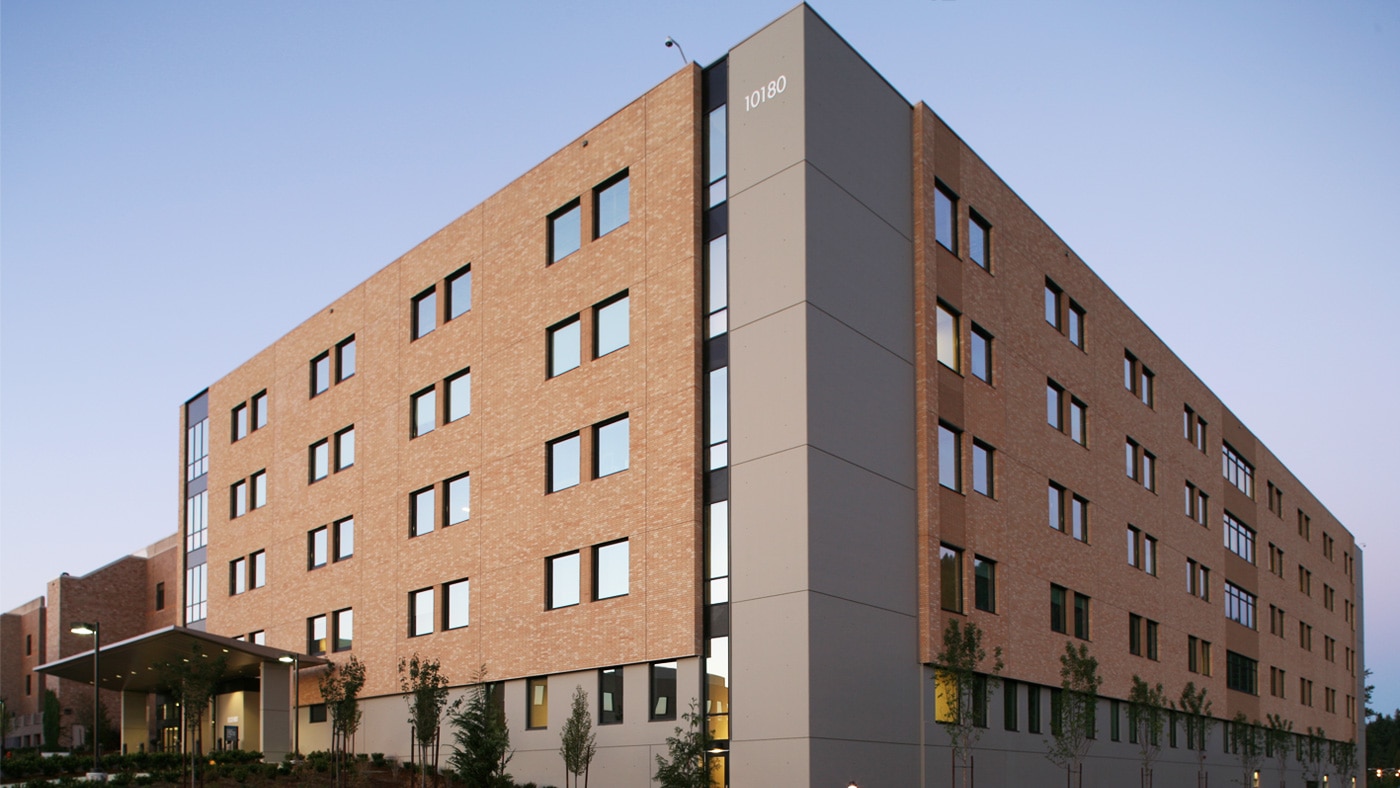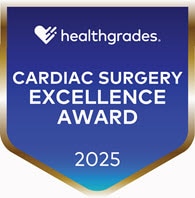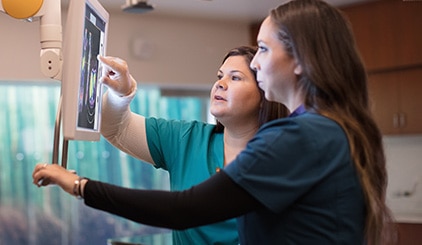Footnotes
- Elizabeth A. McGlynn, PhD, et al., “Measuring Premature Mortality Among Kaiser Permanente Members Compared to the Community,” Kaiser Permanente, July 20, 2022. Continue at 1
- Learn more about our accolades at kp.org/tophospitals . Continue at 2
- Chileshe Nkonde-Price, MD, MS, et al., “Comparison of Home-Based vs Center-Based Cardiac Rehabilitation in Hospitalization, Medication Adherence, and Risk Factor Control Among Patients With Cardiovascular Disease,” JAMA Network Open, August 25, 2022. Continue at 3
- “STS Public Reporting ,” the Society of Thoracic Surgeons, accessed February 29, 2024. Continue at 4
- Classes vary by location. Some members may have to pay a fee for certain classes. Continue at 5

